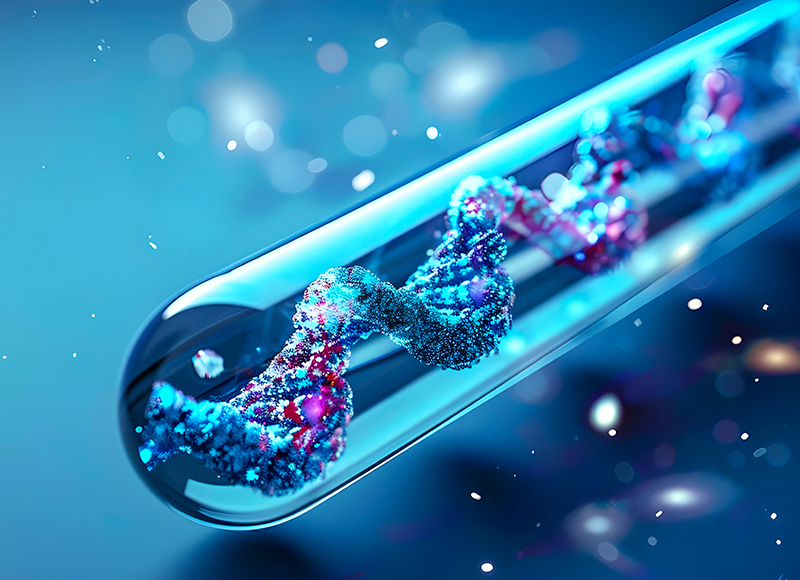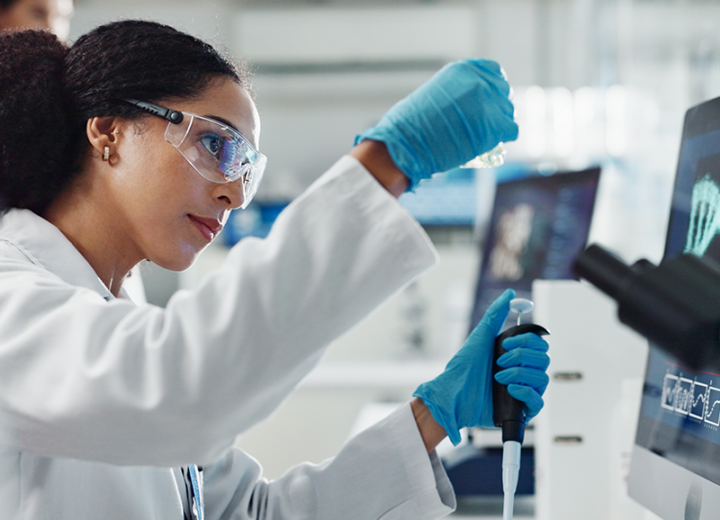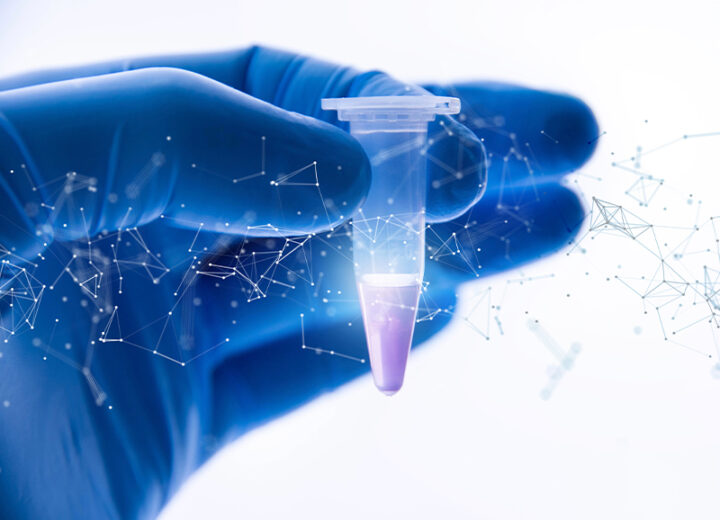18 September 2024
What makes the production of recombinant enzymes ‘impossible’?

Recombinant enzymes are crucial for a wide range of applications, from mRNA production to gene sequencing. However, producing these enzymes can be incredibly challenging. So much so that certain enzymes are often labeled as ‘impossible’ to produce. But what makes the production of recombinant enzymes so difficult, and how is Cocoon changing the game?
In this blog, we’ll delve into the complexities of producing recombinant enzymes. We’ll explore why some enzymes seem impossible to express using traditional methods, and highlight how Cocoon’s CrisBio® platform offers a revolutionary solution.
The nature of ‘impossible’ recombinant enzymes
So, what exactly are ‘impossible’ enzymes? These are enzymes that are highly complex and difficult to express in traditional expression systems. They are often vital for cutting-edge life sciences research and development, but the road to producing them has historically been riddled with obstacles.
In simple terms, these enzymes either don’t express well or fail to fold correctly into their active forms in conventional host cells like E. coli or yeast. The issue often lies in their complex structure or specific post-translational modifications that these simpler organisms just can’t handle.
Examples include glycosyltransferases, which are vital in cell surface glycan synthesis. These enzymes require precise glycosylation patterns to be functional, making them challenging to produce in most expression systems.
Another example is the enzyme reverse transcriptase, essential for converting RNA into DNA in mRNA production. Due to its intricate folding requirements and need for high-fidelity activity, it can be challenging to produce this enzyme in high yields with full functionality.
The process of producing complex recombinant enzymes
Producing recombinant enzymes involves several stages: selecting the right expression system, optimizing the expression vector, and ensuring that the target protein is expressed in a form that retains its functionality. While this process might sound straightforward, it’s anything but—especially for the enzymes labeled as ‘impossible.’
RELATED: Overcoming the challenges of recombinant protein expression
Selecting the right expression system
An expression system is essentially the biological machinery used to produce a recombinant protein. Traditional systems include bacteria (like E. coli), yeast, and mammalian cells. While these systems work well for many proteins, they often fall short when it comes to more complex enzymes. Bacteria, for instance, lack the cellular machinery to perform certain post-translational modifications required for the enzyme’s functionality.
They can perform some modifications, but often produce lower expression levels. In addition, they are difficult to scale up in terms of volume of production. In short, traditional expression systems are often ill-suited for producing highly complex recombinant enzymes.
Optimizing the expression vector
The expression vector is a DNA molecule used to introduce the target gene into the host cell. Choosing the right vector and optimizing it for high levels of expression is crucial. However, even with the best vector, the host cell may not produce the recombinant protein in its active form, leading to low yields or non-functional protein products.
In cases where enzymes require specific folding or glycosylation patterns, the complexity of the expression vector and the host system becomes a limiting factor.
Ensuring correct protein folding and functionality
Even if the enzyme is expressed, it needs to fold into its correct three-dimensional structure to be functional. Incorrect folding can render the protein useless or even harmful. Unfortunately, many traditional expression hosts lack the necessary cellular machinery to ensure proper folding, especially for complex enzymes with intricate structures.
Additionally, these enzymes often require specific conditions, such as particular pH levels or the presence of certain cofactors, to remain functional. Meeting these conditions in a traditional expression system can be extraordinarily difficult.
Why Cocoon Bioscience’s CrisBio® platform is a game changer
Given these challenges, it’s no wonder that some enzymes are deemed ‘impossible’ to produce. But that’s where Cocoon Bioscience comes in. Our CrisBio® platform utilizes whole insects as natural bioreactors, offering a unique and highly optimized method for producing recombinant enzymes.
The power of whole insects as bioreactors
Why insects? Insects have evolved to produce high concentrations of proteins, naturally optimizing them for efficient expression. Unlike traditional expression systems, insects can perform complex post-translational modifications, ensuring that recombinant proteins are expressed in their fully functional forms.
Moreover, insect biology supports high expression rates. Their multi-cellular structure makes them ideal for producing large quantities of enzymes.
YOU MAY ALSO LIKE: Taking on the ‘impossible’ products
Superior protein quality
The use of whole insects allows for the production of recombinant proteins with superior quality, particularly in terms of correct folding and functionality. This makes our method ideal for producing even the most complex ‘impossible’ enzymes.
We have access to every cell and cell type within the insect, giving us many more opportunities for expression.
Scalable and cost-effective
Scalability is another challenge in traditional recombinant protein production. However, the CrisBio® platform can be scaled linearly, rapidly, allowing for the mass production of recombinant enzymes without compromising on quality. Plus, insects are relatively low-cost to maintain, especially compared to resource-intensive bioreactors.
This makes our method more cost-effective and highly accessible for a wide range of applications.
Cocoon’s impact on life sciences
The production of recombinant enzymes is fraught with challenges, especially for complex enzymes that are vital for advanced research and development. By overcoming the challenges associated with traditional recombinant enzyme production, Cocoon is opening up new possibilities in life sciences research and development.
Whether it’s for mRNA production, gene sequencing, or other cutting-edge applications, our CrisBio® platform is making the ‘impossible’, possible.
With Cocoon, researchers and companies in the life sciences industry can now access high-quality recombinant enzymes, produced efficiently and at scale. This not only accelerates research but also drives innovation across the industry.
Explore our platform in full here, and get in touch if you have any questions.


